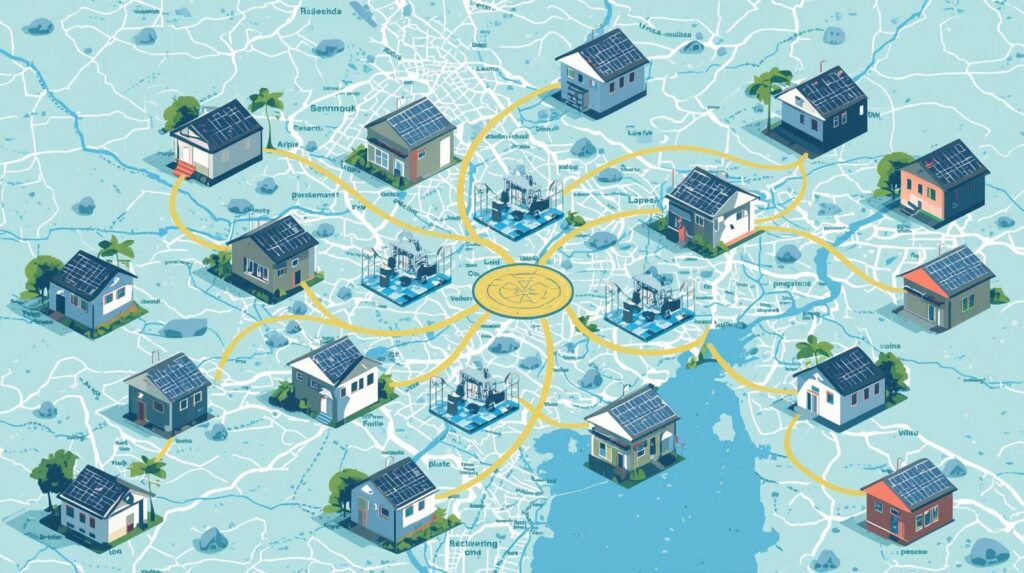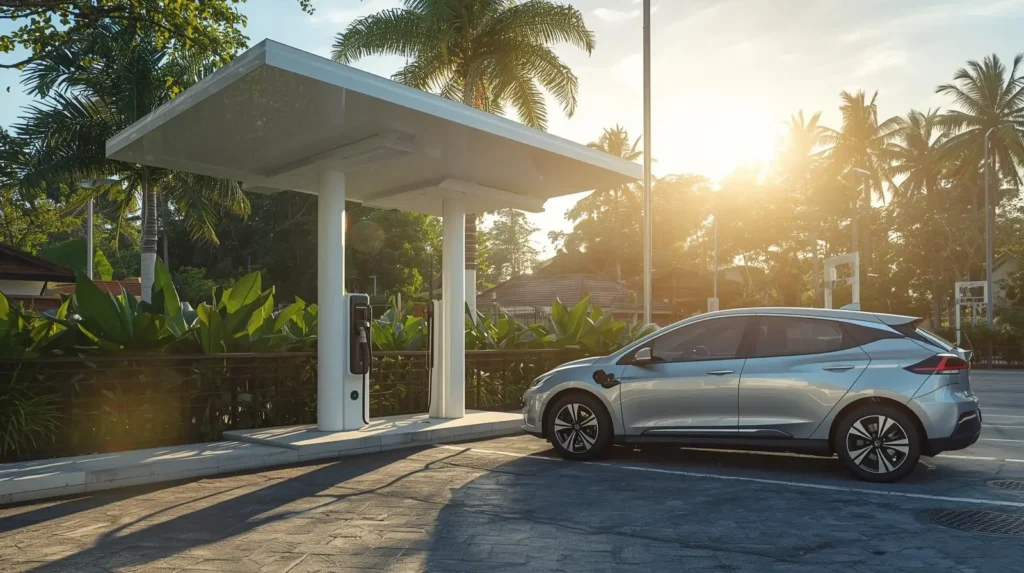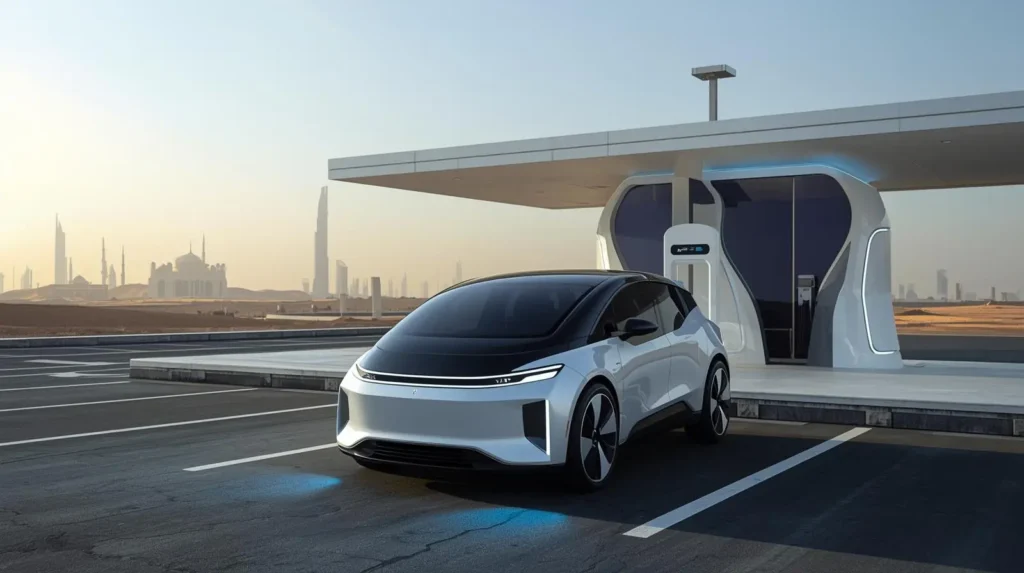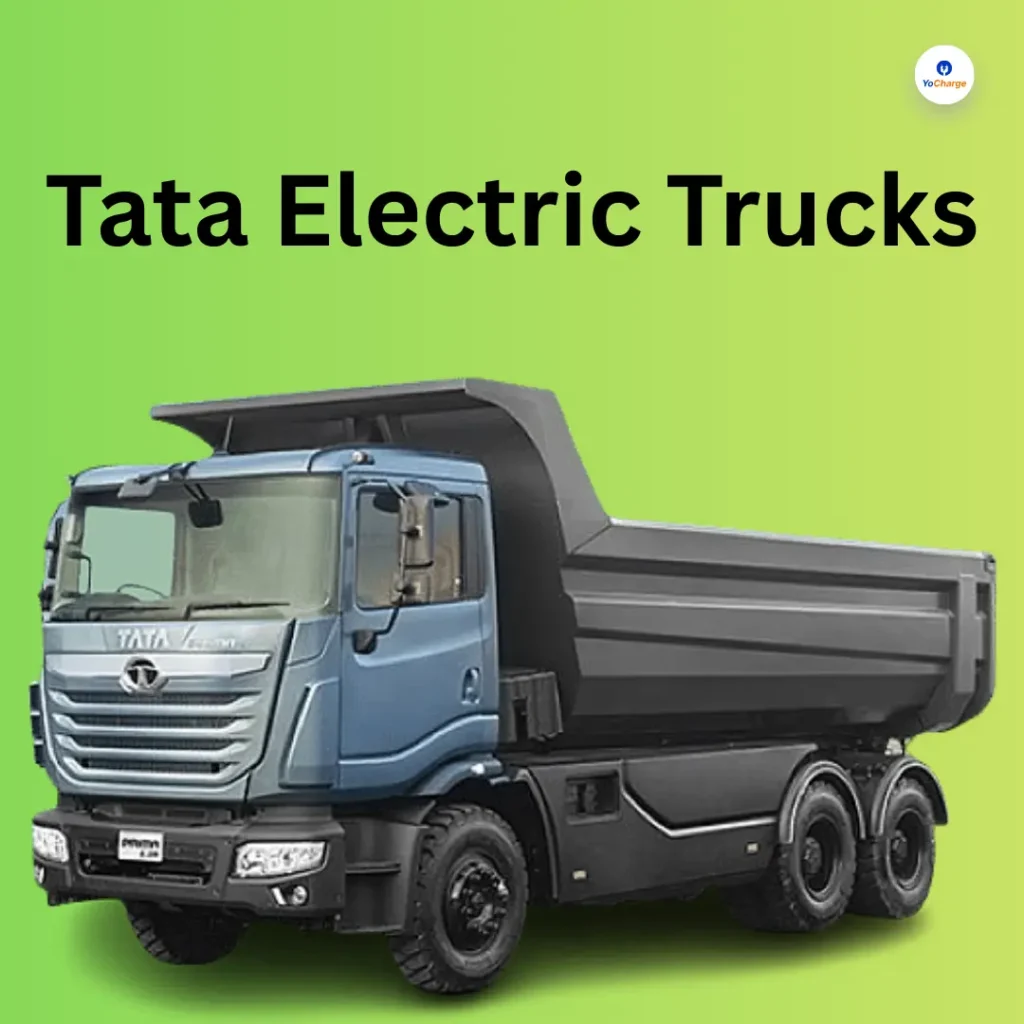Volvo’s global CEO, Jim Rowan, announced to select journalists from the Asia Pacific Region last week that the upcoming small EV SUV, set to be unveiled in summer 2023, will have an affordable entry price suitable for markets in India and other ASEAN countries.
Volvo’s small EV SUV to debut in India in 2024-25
Volvo’s new small electric SUV is part of the company’s strategy to introduce a new EV model each year, as part of their commitment to being fully electric by 2030. Volvo was one of the first automobile manufacturers to make this pledge. The XC40 Recharge launched in India last year received a highly positive response from the market.
With the addition of the new C40 crossover EV in September, Volvo anticipates that over 40-45% of its total sales will come from electric vehicles in 2023, as reported by Autocar Professional. The company is on track to achieve its goal of having 50% of its total sales come from EVs by 2025 with the inclusion of a small entry-level electric SUV and the EX90 at the top end of the market in the near future.
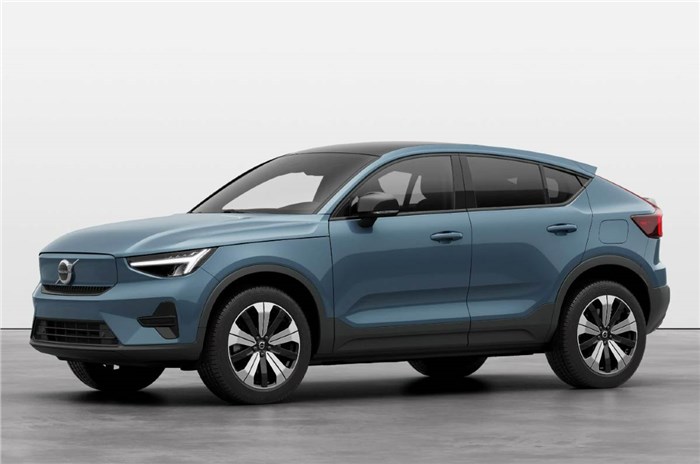
“We’re starting to see more and more emerging markets embrace and adopt full BEVs,” explained Rowan. “As we bring a smaller SUV, I think that’s going to help us as well and some of these markets because it’s a smaller, less expensive car and it will come with different battery sizes. A customer can choose from different range options and price points and that’s really nice. It will be a great city car as well as a highway car,” explained Rowan.
Volvo sold approximately 1,850 cars in India in 2022 and aims to increase sales by nearly 50% to 3,000 vehicles in 2023. Although the number may seem modest, if the company meets its EV sales goal, it could become a leader in a segment that is gaining significant traction in the market. On a global scale, the company intends to sell half a million electric vehicles by 2025, leading to a reduction in its carbon footprint by 40% compared to 2018 levels.
According to Rowan, the recent increase in battery prices was a cause for concern, but he anticipates a decrease in the next 6 to 9 months. He predicts that the cost of internal combustion engine cars will be comparable to battery electric vehicles by 2025, leading to a significant shift towards EVs after 2025. Despite some German competitors of Volvo continuing to use internal combustion engines for a bit longer, Rowan states that Volvo is committed to its long-term goal of fully transitioning to EVs by 2030, which may impact their market share in some markets, but they aim to have a higher market share in the EV market.
Rowan says, “I think in India, one of the friction factors towards BEV adoption has to be obviously the infrastructure. I think it will evolve quickly starting with Mumbai and Delhi and maybe a lot of parts of the country later and it will evolve city by city. The way in which India is governed as well that becomes a state-by-state decision in terms of budgets and so on. So it may evolve with time.”
